Training workshop for child protection in community-based disaster risk management
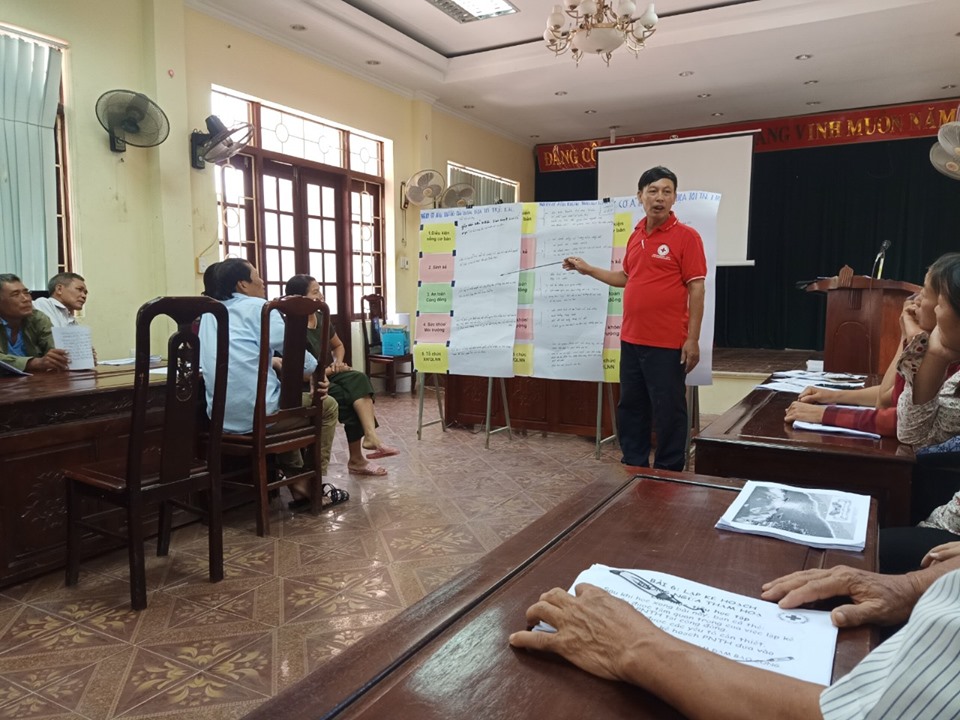 |
At the event. Photo: AFV
This is an activity within the framework of the project "Promotion of disability-inclusive and disaster prepared communities in Nho Quan", implemented by Aid for social protection program Foundation Vietnam (AFV) and funded by CBM International.
The training workshop attracted the participation of 25 students, 11 men and 14 women, including 21 people with disabilities. Lecturers provided participants with in-depth knowledge of child protection. How will children be affected when disasters come? How to pay special attention to children? The relief work or temporary action when facing undesirable situations in the evacuation of children, ...
Through practical videos, visual teaching tools, and learner-centered teaching methods, participants shared that they felt very helpful. With the basic knowledge they have learned, they can confidently cope with natural disasters, actively take care of themselves and people around them, especially children in the community.
The second phase of the project “Promotion of disability inclusive and disaster prepared communities in Nho Quan” was launched at the People Committee of Nho Quan District on April 25.
The second phase of the project will be implemented in 4 years with the target as people with disability and their community will integrate and adapt better with climate change and hazardous’ impacts.
The project will inclusively connect and contribute to CBM’s initiative about Community Based Initiatives Development (CBID) aiming at Integrated and participatory community provides equal access for people with disability living in poverty; Local authorities and other support service systems effectively participate; Community disaster preparedness./.
Recommended
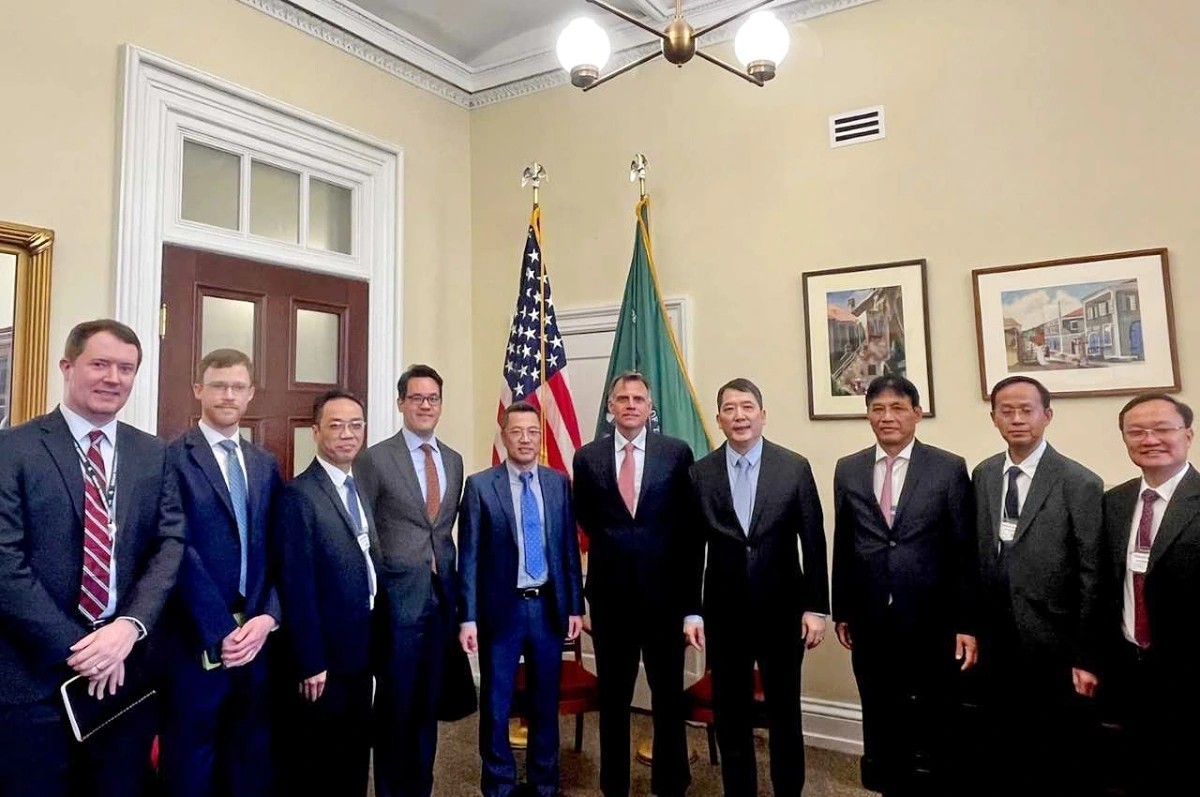 National
National
Vietnam News Today (May 17): Vietnam and United States Boost Financial Cooperation
 National
National
Strengthening Vietnam-Thailand Relations: Toward Greater Substance and Effectiveness
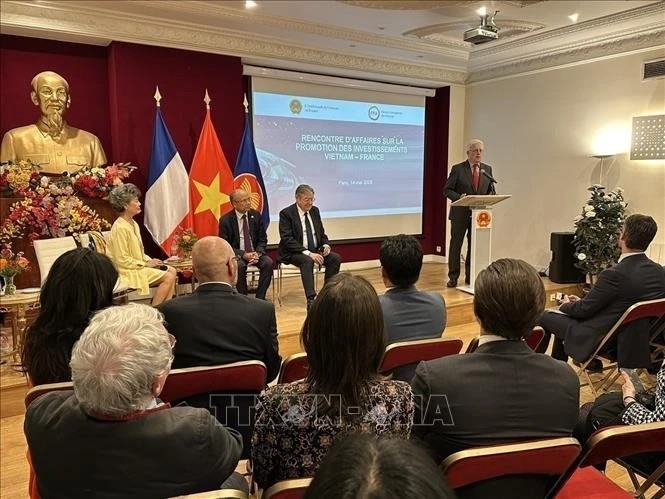 National
National
Vietnam News Today (May 16): Nha Trang Listed Among Top 15 Global Summer Destination in 2025
 National
National
Four Notable Outcomes of General Secretary To Lam’s Four-nation Tour
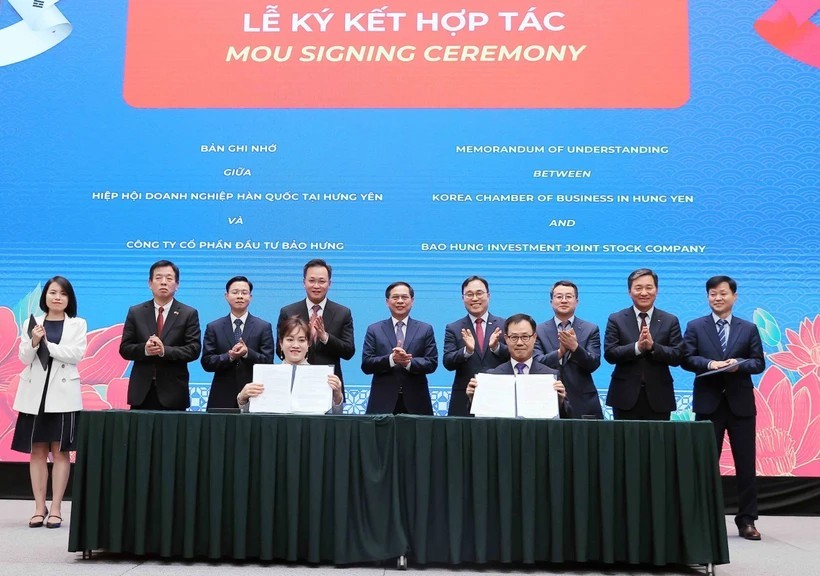 National
National
Vietnam News Today (May 15): Vietnam Looks for Stronger Cooperation with RoK in New Era
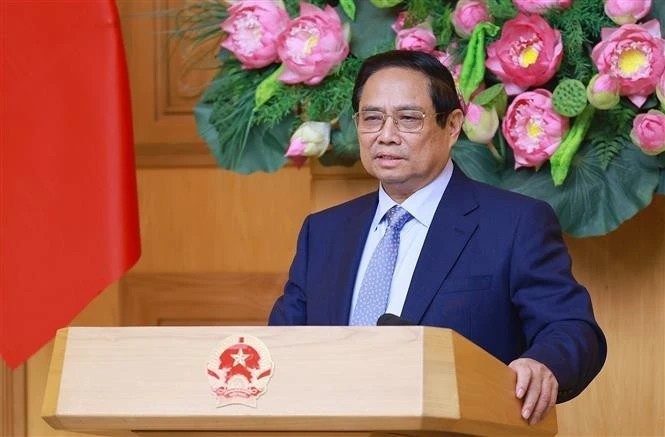 National
National
Vietnam News Today (May 14): US Businesses Affirm Long-Term Commitment to Vietnam
 National
National
Vietnam News Today (May 13): Vietnam Maintains High Human Development Index Despite Global Slowdown
 National
National
